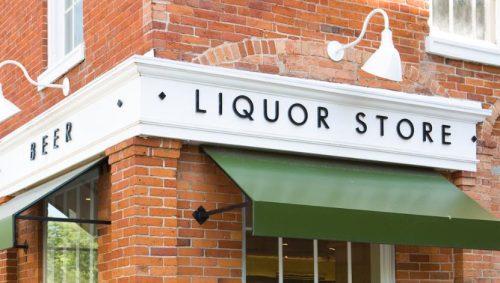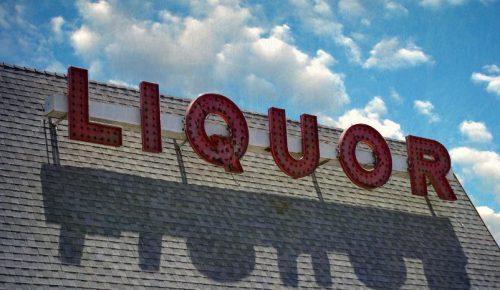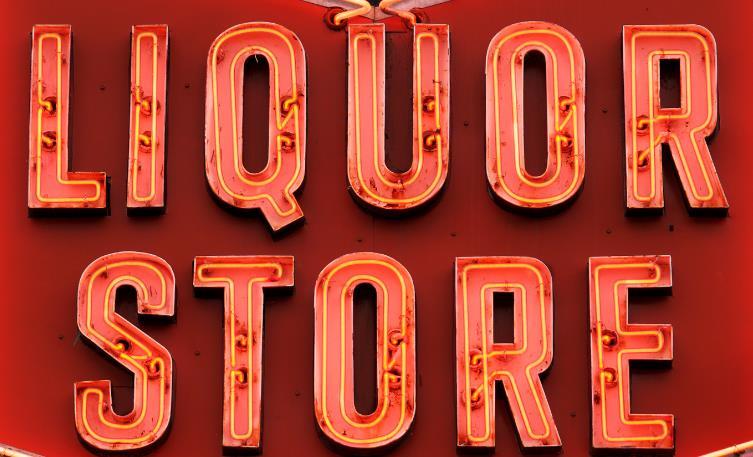Post Contents
Do you want to open your own liquor store? If so, it is a good idea to know what you need before you can apply for the relevant licenses and start stocking up on whatever it is that you sell.
Is it possible to start a liquor store in the UK?
In the United Kingdom, it is possible to start a liquor store. The process for doing so, however, is different than in many other countries. In order to open a liquor store in the UK, one must first obtain a license from the local authority. This can be done by applying for a premises license or a personal license.
Once the necessary licenses have been obtained, the individual or company wishing to open a liquor store will need to find suitable premises. The location of the store is important, as it must be situated in an area where there is high foot traffic and where there are no other similar stores nearby. Once the premises have been secured, the store can then be set up and stocked with alcohol.
It should be noted that, in order to sell alcohol in the UK, one must also have a valid alcohol license. These can be obtained from the relevant authorities. Without this license, it is illegal to sell alcohol in the UK.
How to Start a Liquor Store in the UK?
What are the requirements to start a liquor store in the UK?
In order to start a liquor store in the UK to make money, you will need to have a minimum of £2,500 in capital and a premises from which to operate. You will also need to apply for a licence from your local authority.
Your premises must be large enough to store all of the stock you intend to sell, as well as having space for customers to browse and make purchases. The location of your premises is also important, as it should be easily accessible by potential customers.

Once you have secured your premises and obtained your licence, you can begin stocking your shelves with alcoholic beverages. It is important to ensure that you are only selling products that are legally allowed to be sold in the UK.
There are some other general requirements that all businesses must comply with in the UK, such as registering with HM Revenue and Customs and having appropriate insurance cover in place. However, these are not specific to liquor stores.
The different types of liquor licenses in the UK
There are four different types of liquor licenses in the UK: on-premises, off-premises, club, and personal.
On-premises licenses are for businesses that sell liquor for consumption on the premises, such as bars, pubs, and restaurants. Off-premises licenses are for businesses that sell liquor for consumption off the premises, such as supermarkets and liquor stores. Club licenses are for private clubs that sell liquor to members only. Personal licenses allow individuals to sell or supply liquor at events.
To apply for a liquor license, you must first complete an application form and submit it to your local authority. The application must include the type of license you are applying for, as well as details about your business premises and the alcohol you intend to sell. You will also need to pay a fee and provide evidence of your right to work in the UK. Once your application has been approved, you will be issued with a license which must be displayed on your premises.
How much does it cost to start a liquor store in the UK?

The cost of starting a liquor store in the UK varies depending on the size and location of the store. The average cost of renting a retail space for a liquor store is £3,000 per month. The cost of inventory will vary depending on the type of liquor being sold. A basic liquor license in the UK costs £100.
What kind of costs will I incur when opening my own liquor store in the UK?
The costs of opening a liquor store in the UK can vary depending on the size and location of the store. Generally, the start-up costs for a small liquor store can be around £20,000. This includes the cost of fitting out the premises, purchasing stock and initial advertising. If you are planning to open a larger store, the costs can be up to £50,000. In addition to the start-up costs, you will also need to pay for ongoing running costs such as rent, utilities and staff wages.
What are the benefits of starting my own wine and spirits stores in the UK?
There are many benefits of starting your own wine and spirits store in the UK. For one, you will be able to provide a much-needed service to your local community. In addition, you will be able to control the quality and selection of the products you sell, which is something that can be difficult to do when working with larger liquor stores. Finally, owning your own business is a great way to earn money and build long-term wealth.
How do I make sure that my new liquor store is successful?
Assuming you have the required financial backing and licenses in place, there are a few key things you can do to help ensure your new liquor store is successful:
Firstly, ensure that you have a well-stocked and varied selection of products. This means having products at different price points to appeal to a range of customers, as well as stocking popular items alongside more unique or niche products.

Secondly, make sure your store is well-designed and inviting. This means creating an attractive window display, tidy shelves, and helpful staff who are ready to give recommendations and advice.
Thirdly, advertise your business online and in local publications. Make sure potential customers know about your store before they even step foot inside it!
By following these tips, you can give your new liquor store the best chance at success.
Conclusion
Starting a liquor store in the UK can be a great way to get into the retail business. However, there are a few things you need to keep in mind before getting started. First, you need to make sure that you have the proper licensing in place. Secondly, you’ll need to find a good location for your store. And finally, you’ll need to stock your store with the right products. With these tips in mind, you should be well on your way to starting a successful liquor store in the UK.


